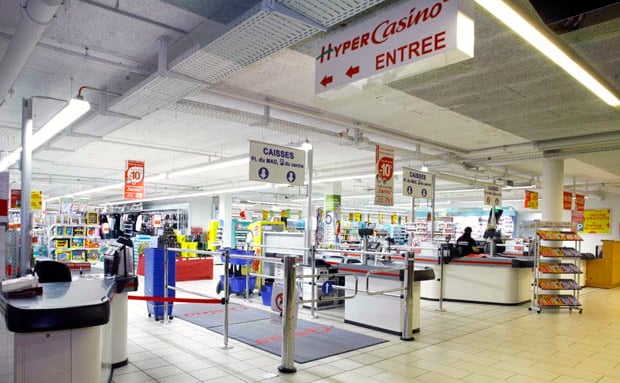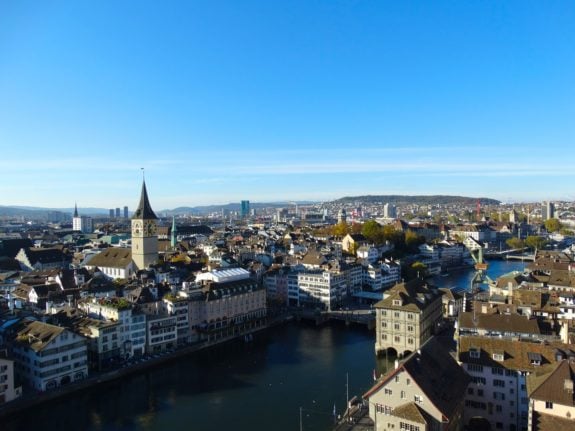A Lausanne shopper lost her appetite when she discovered the pre-packed rabbit joint she was about to put in her trolley was labelled ‘not authorized for sale in Switzerland’.
“I put it back straight away. I was a bit worried after the scandal over horse meat in ready meals,” Tribune de Genève quoted the shopper as saying.
The meat bearing the label ‘rabbit produced in conditions not admitted by Swiss law’ was on sale in the Casino hypermarket in Flon, Lausanne.
According to the paper, it is perfectly legal to consume meat that does not conform to the strict animal protection laws in place in Switzerland.
Battery farms and the use of growth hormones may not be allowed in Switzerland but the import of meat produced in this way is not subject to a ban.
So consumers will find eggs from battery hens and Argentinian beef from cattle fed antibiotics on shelves in some Swiss supermarkets.
All the Swiss law demands of such imports is clear labelling. In the case of meat this means indicating if hormones or antibiotics may have been used in rearing.
Bernard Klein, head of the canton of Vaud veterinary service, said the label seen by the Lausanne shopper was quite unusual.
“Most producers who export to Switzerland are certified to produce meat according to rules similar to ours,” he told Tribune de Genève.
“But a label like that doesn’t mean anything is permitted. Certain substances are banned and producers are subject to regular controls.”
Federal Veterinary Office spokeswoman Nathalie Rochat also offered assurances.
“We don’t import just anything,” she said. “The quality of the meat is checked by customs and then by cantonal chemists.”



 Please whitelist us to continue reading.
Please whitelist us to continue reading.
Member comments